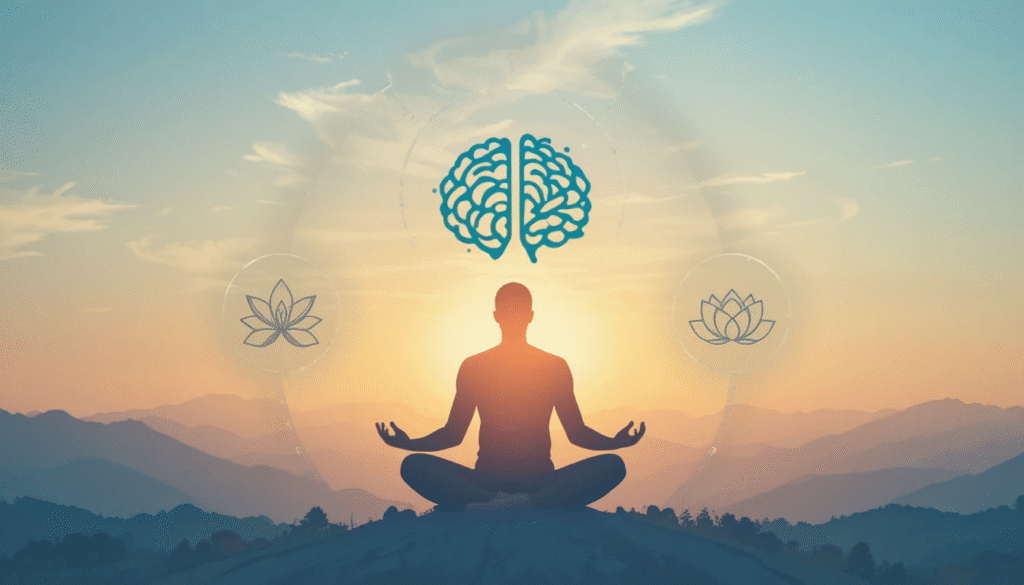This year, I started paying more attention to my mental health—taking short breaks, limiting screen time, and practicing mindfulness. I quickly realized how small changes can create a huge difference in daily mood, energy, and overall happiness.
In 2025, mental health is just as important as physical health. People are increasingly aware that emotional balance, stress management, and self-care play a vital role in living a healthy lifestyle. Focusing on wellness helps improve not only mood but also productivity and long-term resilience.
One effective approach is mindfulness and meditation. Taking just 10–15 minutes a day to practice deep breathing or meditation can lower stress, reduce anxiety, and improve focus. Many apps now guide users with simple, science-backed techniques.
Quality sleep is another key factor. Research shows that poor sleep can negatively affect memory, energy, and emotional stability. Creating a consistent bedtime routine and limiting screen exposure before sleep are simple but powerful strategies.

Physical activity also supports mental well-being. Regular exercise releases endorphins, which naturally boost mood and reduce stress. Even light activities such as walking, stretching, or yoga can have a significant impact on emotional health.
Finally, social connections and self-care matter. Spending time with loved ones, maintaining hobbies, and taking breaks from digital distractions are essential for long-term mental wellness. In 2025, more people are blending physical fitness with mental care, creating a holistic approach to health.
Conclusion:
Mental health in 2025 is about balance, self-awareness, and daily care. By practicing mindfulness, improving sleep, staying active, and nurturing social connections, anyone can build a stronger, healthier, and happier lifestyle.
